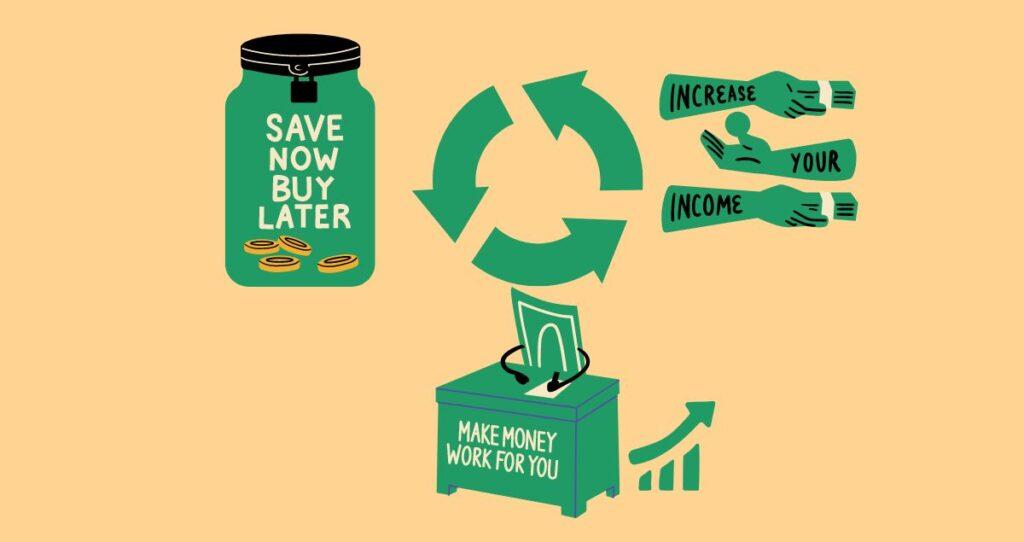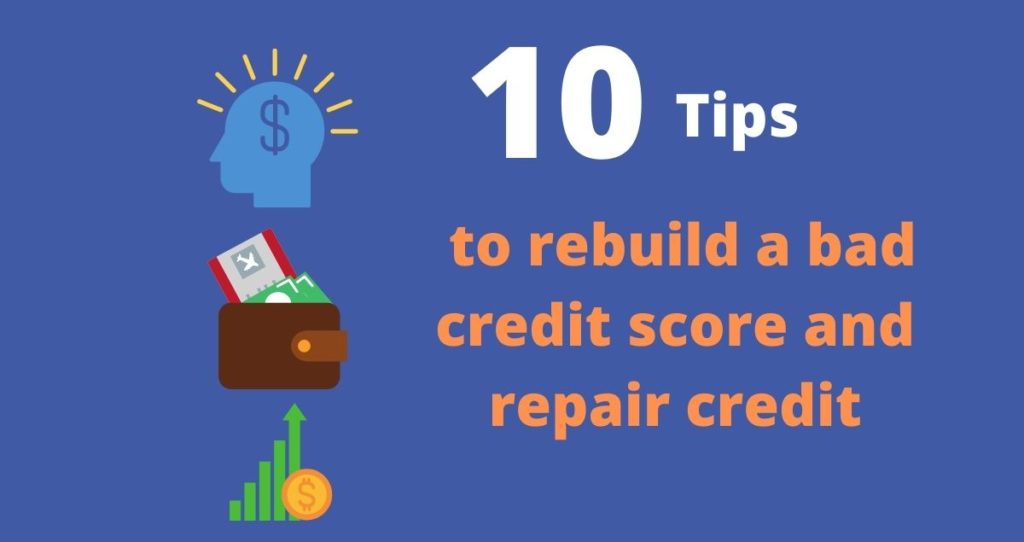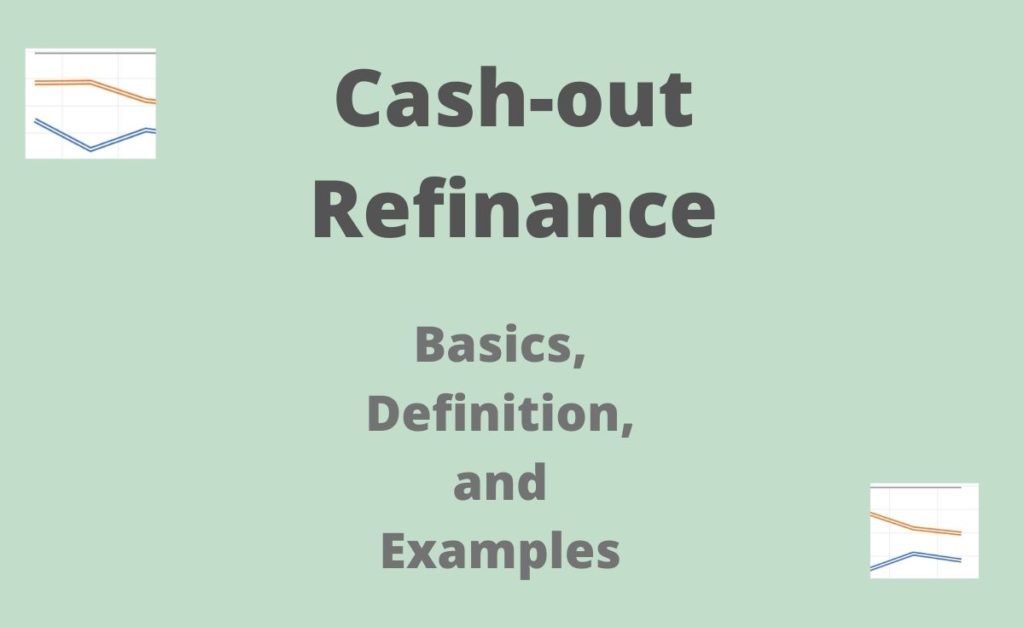How long do hard inquiries stay on your credit report? A hard inquiries a.k.a a hard pull is a type of credit request that happens when you apply for credit such as a mortgage, car loan, etc. This means that the lender will request to see your credit information to determine your creditworthiness. Hard inquiries will stay on your report for 24 months. However, their effect will fade away over time and they will not affect your credit score after 12 months.
When you apply for a loan, for example, lenders will need to know if they can trust you with their money. There is only one way to figure this out. A hard pull will give them access to your credit history where they will see your credit score, other loans you had, payment history, credit cards you have, etc.
Your credit profile will help them understand where to classify you as a borrower. In other words, your report will help them decide if you are qualified, how much they can give you, and the interest you will be paying.
What is a hard inquiry?
Every time you apply for a loan and other credits, the lender will run a hard inquiry on your credit report as a part of the loan application.
Regardless of whether you are accepted or denied, a hard inquiry will be recorded on your credit report.
The hard inquiry will stay on your report for 2 years. However, it will not affect your credit score after one year.
Moneylenders interpret hard inquiries differently depending on how long they have been on your report. If you recently got an inquiry, it could indicate that you are looking for a loan, and therefore, a lender may see you as a potential client.
Many lenders also run soft inquiries on your report. If they see that you recently applied for a loan, they may pre-approve you for a loan depending on your credit history. This could be the reason you start receiving many pre-approval letters in your mail from different companies after applying for a loan.
Example of a hard inquiry
Let’s say that Mike wants to buy a house and he doesn’t have the cash to pay off the house in full. So, he decided to visit a bank to see if he can get a mortgage. The bank will need to know if he is qualified for the money based on how he fits their terms and requirements.
Some of those requirements include but not limited to having a good credit score usually at least 620, have no other loans, pays his bills of time, etc. Even if he doesn’t have other loans, the bank will need to know how he handles debt or loans in general.
The only way to figure this information out, is to run a hard pull on his credit report.
The information pulled from his report will help the lender to evaluate Mike’s creditworthiness.
This activity will show on Mike’s credit report as a hard inquiry whether he is approved for the loan or not.
Related articles:
What is a soft inquiry?
A soft inquiry on the other hand does not affect your credit score. Soft inquiries occur when you check your own credit report. It can also happen when companies view your report to see if they can pre-qualify you for a loan or a mortgage.
The following are some of the activities that will result into a soft inquiries, according to FICO.
- Consumer disclosure: When you check your own credit report
- Insurance inquiries: From insurance companies
- Employment Inquiries: When a potential employer wants to know if you are financially responsible before you get hired, for example.
- Account review inquiry: An inquiry made by a lender who wants to review your existing accounts
- Promotional inquiry: The one made by a lender who wants to pre-approve you for a higher credit limit. Have you noticed that your credit card limit went up automatically? Your lender ran a soft inquiry on your credit a realized that you are qualified for a line of credit increase.
These soft inquiries happen every day and you will never know about it. Of course, you can view them when you get a copy of your credit report.
You can also tell if a soft inquiry was run on your credit report when you receive a letter in the mail telling you that you have been pre-approved for the loan, credit cards, mortgage, etc. Do not panic because soft inquiries will never affect your credit score.
Furthermore, soft inquiries are not bad on your report. Moneylenders will not see them when they pull your credit report. They only show on on a report you requested yourself also know as a consumer disclosure and you are the only one who can see it.
Do you get a hard inquiry every time you apply for credit?
You will have a hard inquiry every time a lender pulls your credit report. In other words, if you apply for a loan and the lender does not pull your report; you will not have a hard inquiry. In addition, each inquiry will affect your credit score, depending on the time frame between your inquiries.
According to Equifax, if all your inquiries happen between 14-45 days, only one of them will affect your credit score. Keep in mind that all these inquiries will show on your credit report. This exception comes in effect when you are applying for a new loan, mortgage, or looking for a new utility company.
Note that this time period will be different depending on the credit model used in your credit reporting.
This exception does not apply to other forms of credit such as credit cards. If you apply for multiple credit cards, each time you applied will be recorded as a hard inquiry and each one of them will affect our credit score.
How long do hard inquiries stay on your credit report?
Your hard inquiries will stay on your credit report for 2 years. The good news is that their effect on your credit score will fade away over time and they will not affect your score after 12 months.
You should expect a hard inquiry every time you apply for a loan or a mortgage. Depending on the credit reporting model used to calculate your credit score; only one of these inquiries will affect your credit score as long as they fall into a particular time frame. This time frame will also be different from one reporting company to another and it ranges between 14-45 days.
Do I get an inquiry when I am approved for a loan?
The simple answer is yes. The inquiries occur on your report whenever a lender requests to view your credit information as part of the loan application process.
This activity will show on your credit report as a hard inquiry and will affect your credit score.
How many points do you lose from a hard inquiry?
Hard inquiries will affect your credit score by reducing a few points from it. According to WalletHub, you can expect your credit score to drop between 5-10 points from a hard inquiry.
When you apply for credit, moneylenders think that your financial situations could be getting worse. This is because additional debt on your credit report does not look good from the lenders’ perspective. For this reason, your credit score will drop by a few points.
You should avoid having multiple hard inquiries during a wider time frame. That is if you get hard inquiries, get them as close as possible to avoid losing many points on your score.
This is an example of how hard inquiries will affect your credit score.
- You applied for a credit card today
- Two months later, you applied for a car loan
- Eight months later, you got a mortgage or a student loan
All these activities will be reported on your credit report and each one of them will result in a hard inquiry. In addition, you will lose between 5-10 points from each hard inquiry.
For this reason, the total points you will lose from these inquiries will be between 15-30 points. This does not mean that if your credit score was 780, you will end up with a credit score between 750-765. This is because there is enough time between each inquiry and therefore there are chances that your score will have rebounded before the other inquiry kicks in.
For example, if you pay your bills on time and do not get involved in other activities that can jeopardize your score; you could build it back up in a matter of a few months. Therefore, your score could be higher before the effect of other hard inquiries.
Does your credit score go up when a hard inquiry drops off ?
Your credit score will not go up or down when a hard inquiry drops off your credit report. This is because it will have no impact on your credit score by the time it drops off naturally which is 24 months.
When you have a hard inquiry, its impact on your credit score will fade away over time and stops affecting your score after 12 months. So, you can see that there is still one more year before it drops off. Your score could bounce back in a few months as long as you use your credit responsibly. That is paying off your bills on time, no missed payments , have a resonable credit utilization, etc.
Why do hard inquiries lower credit score?
Applying for a loan or a mortgage is a sign that there is a big purchase that you cannot cover yourself without help. The idea that you are seeking credit in order to buy what you need is an indication that your finances are not in good standing.
As a result, lenders see this as a negative thing. This is why they lower your credit score. You can consider a hard inquiry as a small warning you get when you apply for credit. As you apply for more credit depending on the time frame, you get more hard inquiries. This will keep reducing your credit score.
In other words, lenders keep lowering your credit score as you apply for more credit. They think you are becoming a more risky borrower the more you apply for more credit. This makes sense because the more debt you have, the harder it will be to pay it off.
More hard inquiries on your report can lead to a denial of a loan or mortgage in the future.
According to FICO, people with six or more hard inquiries are 8 times more likely to declare bankruptcy than those who don’t. This statistic can show you why money lenders penalize you by reducing your credit score when you apply for credit.
A hard inquiry is one of many factors that affect your credit score. However, it is not the most important factor. The following are other factors that can affect your credit score.
- Payment History
- Credit utilization
- Mixed accounts
- Credit age
Related article: Factors on which a credit score is based on
How to remove hard inquiries from credit report?
You cannot remove legitimate credit inquiries from your credit report. These inquiries will stay on your account for two years. When their time is over, they will be removed automatically.
Do you have a hard inquiry on your report that you think is there by mistake? You can dispute the inquiry and have it removed from your report. Learn how you can dispute errors on your credit report.
How to reduce the impact of hard inquiries on a credit report
Even if there is no much you can do to get rid of a fair hard inquiry on your credit report, there are proper steps you can take to minimize its impact on your report.
- Apply for credit only if you are qualified: Before you send in your application, make sure that you are at least qualified. You can use general information for that particular sector to see if you are qualified. For example, if you want a mortgage to buy a house, make sure that you have the credit score required when buying a house. Normally lenders will require a minimum of 620. If your score is 500, you will automatically know that you are not qualified for a conventional mortgage. So, you will avoid a hard inquiry by not applying for this type of mortgage.
- Apply for multiple credits in a small-time frame (this is subjected to the kind of loan you want): Student loans, car loans, and mortgage inquiries that happen within 45 days may be considered as a single inquiry; when calculating your credit score, according to FICO. So, if you are hunting for a mortgage, a loan, or a student loan, take like one month and apply to many lenders. This way you will have multiple inquiries but only one of them will affect your score. Other types of loans such as credit card applications fall outside of this benefit.
- Manage your credit effectively: After losing points on your credit score due to hard inquiries, you should avoid losing more points. You will do this by paying your bills on time, using your credit wisely, etc. If you follow these steps, you will regain all points you lost much faster.









